Posted on 6/30/2022

Regular oil changes and scheduled maintenance are important in keeping your car, truck, or SUV in top shape. But do you know what the consequences are when you don’t keep up with your oil changes? Here are the top 3 signs your vehicle may have an oil leak. Motor oil moves through a running engine and allows all the parts and components to work together smoothly. Your engine oil becomes dirty and filled with contaminants over time. This contaminated oil will begin to cause the engine parts to rub together and wear down. Motor oil will eventually make its way through any pockets, holes, and broken seals caused by the friction of the dirty oil. And will begin leaking out. Signs Of An Oil LeakDark Brown/ Black Puddles Under Your Car Dark fluid dripping from un ... read more
Posted on 6/13/2022
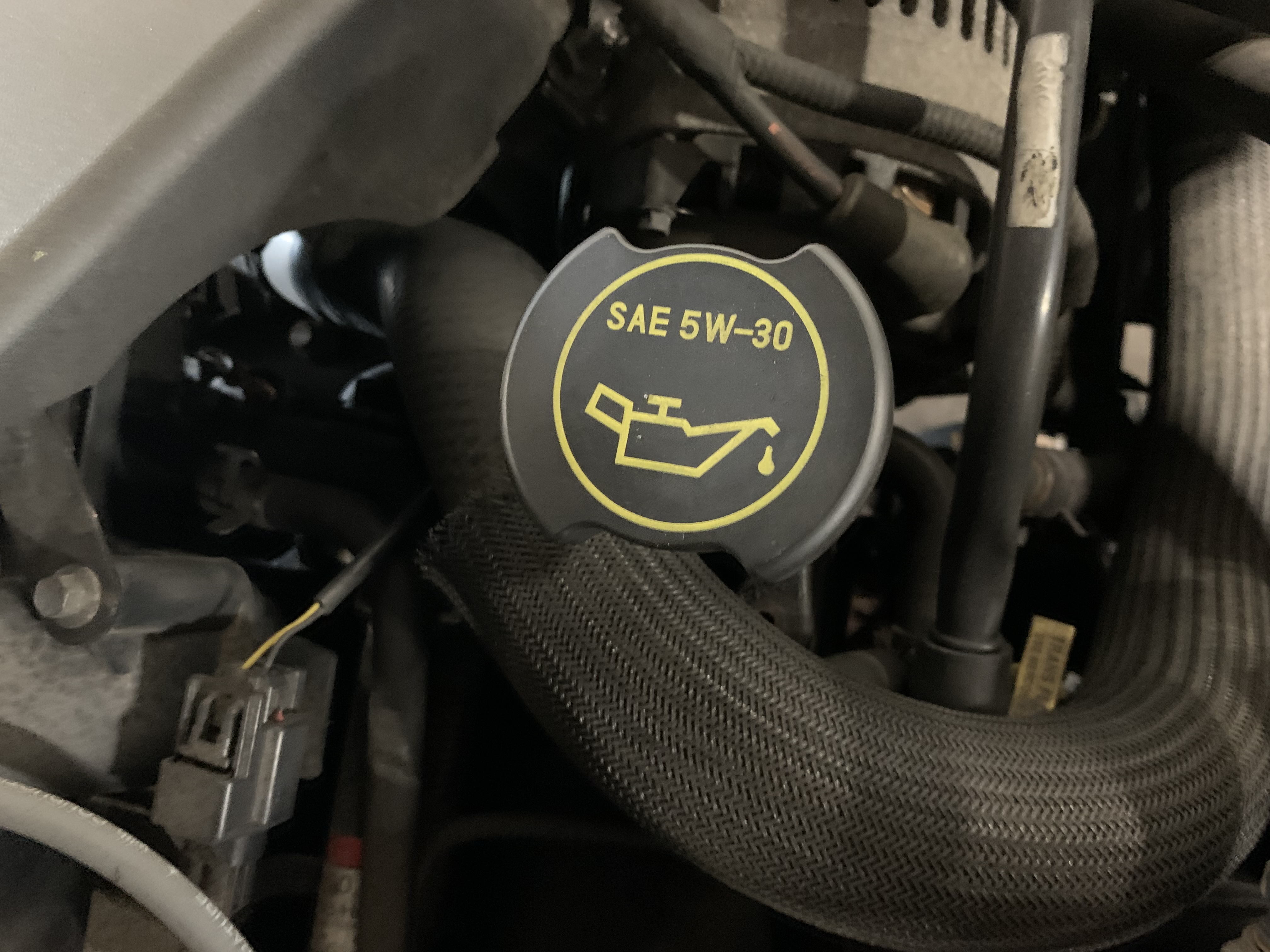
One of the most common maintenance services performed on a vehicle is an oil change. Typically, you’d get an oil change every 3,000 - 5,000 miles. But do you know if your car takes Full Synthetic or Synthetic Blend Oil? Here’s what you need to know about the two types of motor oils. Motor oil pumps through a running engine via small passages called galleries. It lubricates, cleans, and cools engine parts. It also holds abrasive particles and chemical contaminants in suspension. Regular oil changes are necessary to keep your engine running smoothly. Synthetic Blend Oil Synthetic Blend motor oil is a mixture of synthetic and conventional base oils. Synthetic blends offer better performance and protection than you would get with a conventional oil alone. This type of oil also offers extra protection against changing temperatures. And is not as susceptible to evaporation as conventional oils. Ful ... read more
Posted on 5/25/2022
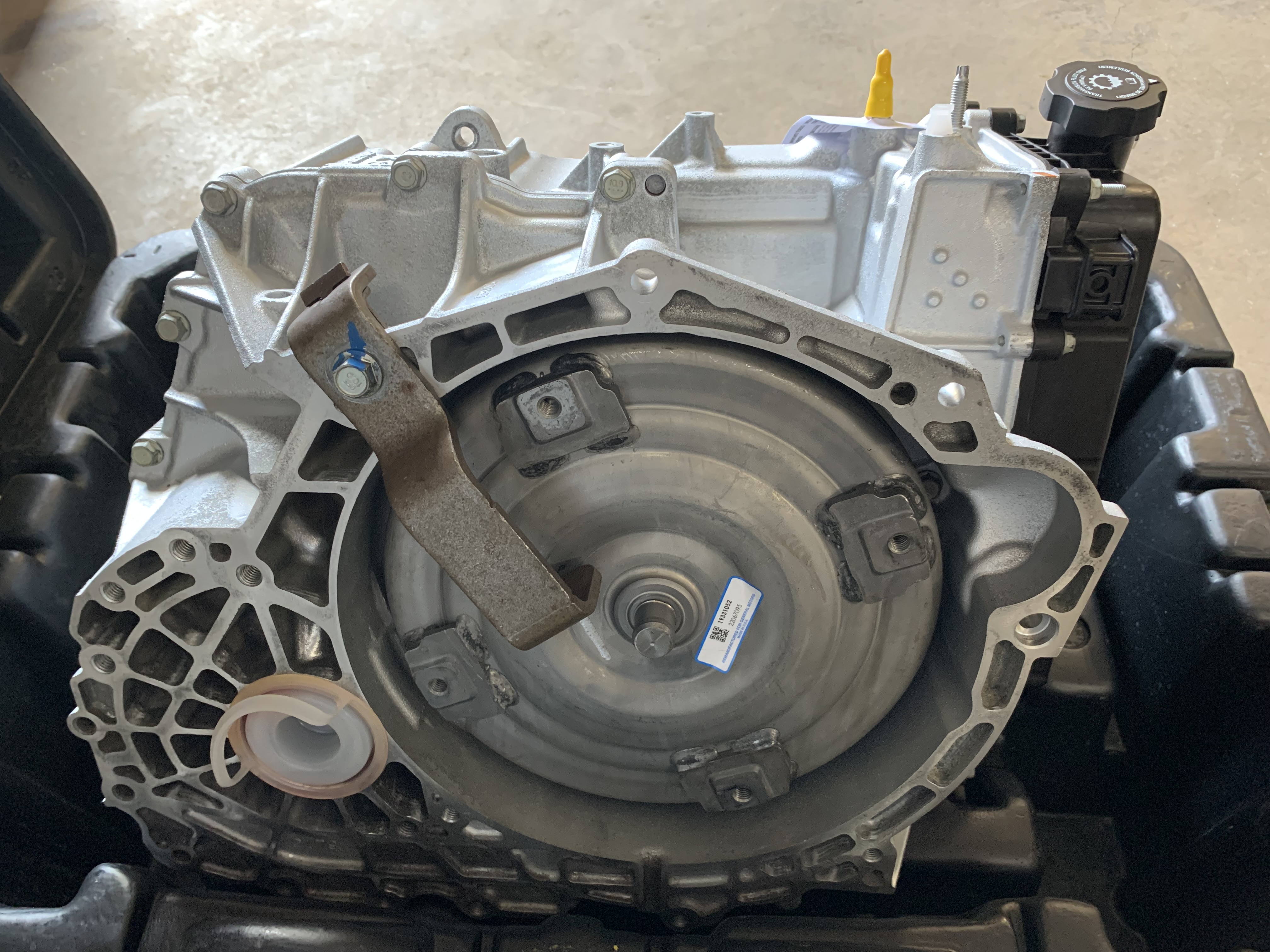
One of the most common transmission issues you can have is a slipping transmission. Slipping occurs when the transmission tries to change gear but falls back into the gear it was previously in. Or drops into neutral. Slipping doesn’t necessarily mean that your transmission is about to fail. But it is a sign that it is in serious need of service or repair. Schedule an appointment as soon as you can with a mechanic who can look into your issue. Symptoms of A Slipping Transmission The source of a transmission slip can be caused by various reasons. Diagnosing the issue can be a challenge, but here are some common signs to look for: Automatic Transmission Transmission tries to upshift, then falls back into a lower gear Transmission refuses to upshift Hard/rough gear changes Unusual noises when shifting Engine RPMs increase when stepping on the gas, but the vehicle speed doesn’t Check Engine Light is on Manual ... read more
Posted on 5/24/2022
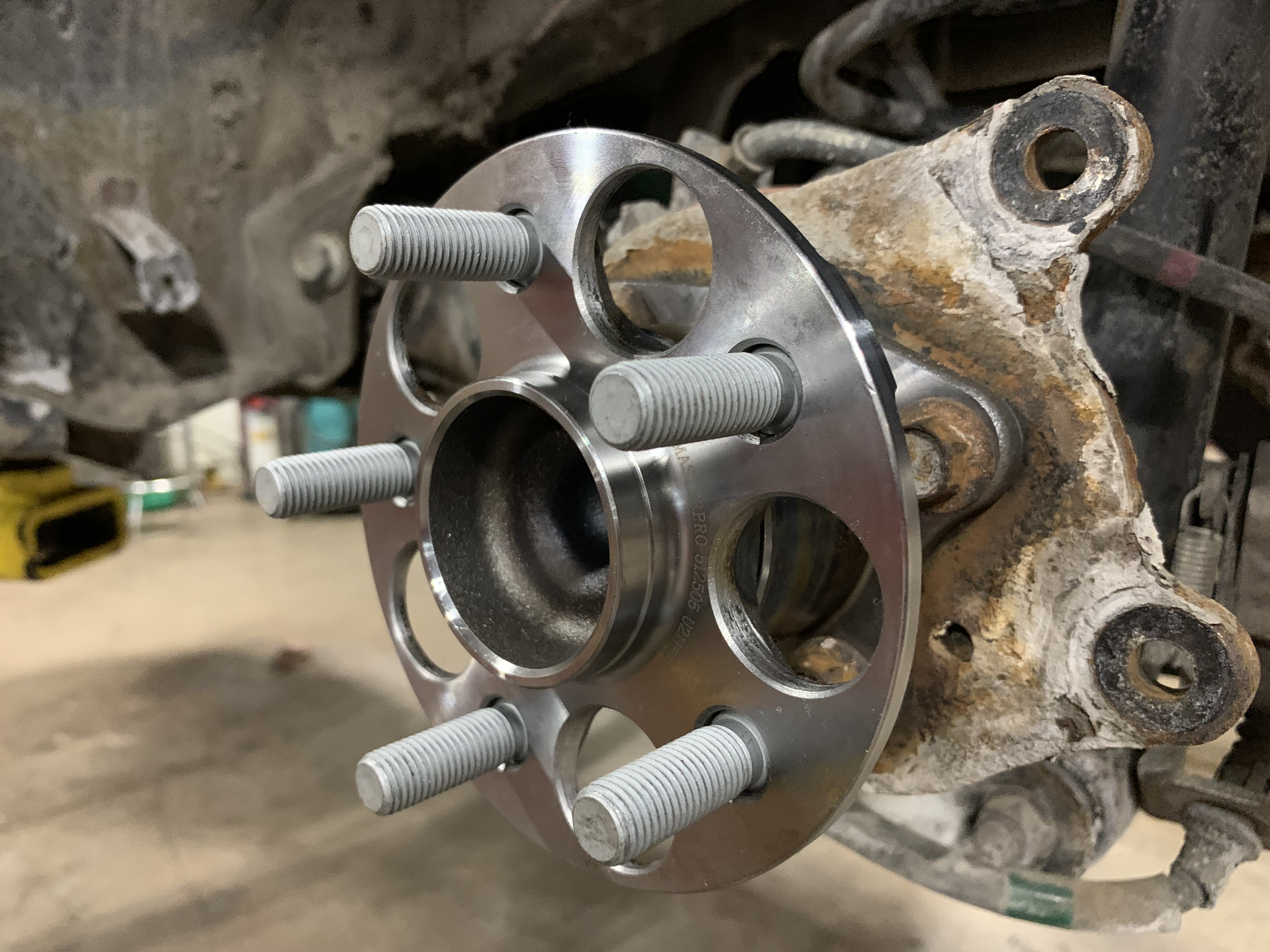
A wheel bearing is an important part of a vehicle’s braking, steering, and suspension systems. It is the component that connects the wheel to the axle and allows the wheel to turn. A wheel bearing is a set of steel ball bearings or tapers that are tightly packed in a grease-filled metal ring. They are engineered to support the entire weight of the vehicle and enable the wheel to rotate smoothly with minimum friction. Why Do Wheel Bearings Fail? Wheel bearings can fail for a variety of reasons and can also be damaged. They are especially vulnerable if you hit a tall curb, pothole, or speed bump at a high speed. If water, road salt, or mud gets past the waterproof seal and touches the bearings, it will contaminate the grease and cause the bearings to wear down and break prematurely. Top Warning Signs Your Wheel Bearings Need ReplacementNoise While Driving ... read more
Posted on 5/2/2022
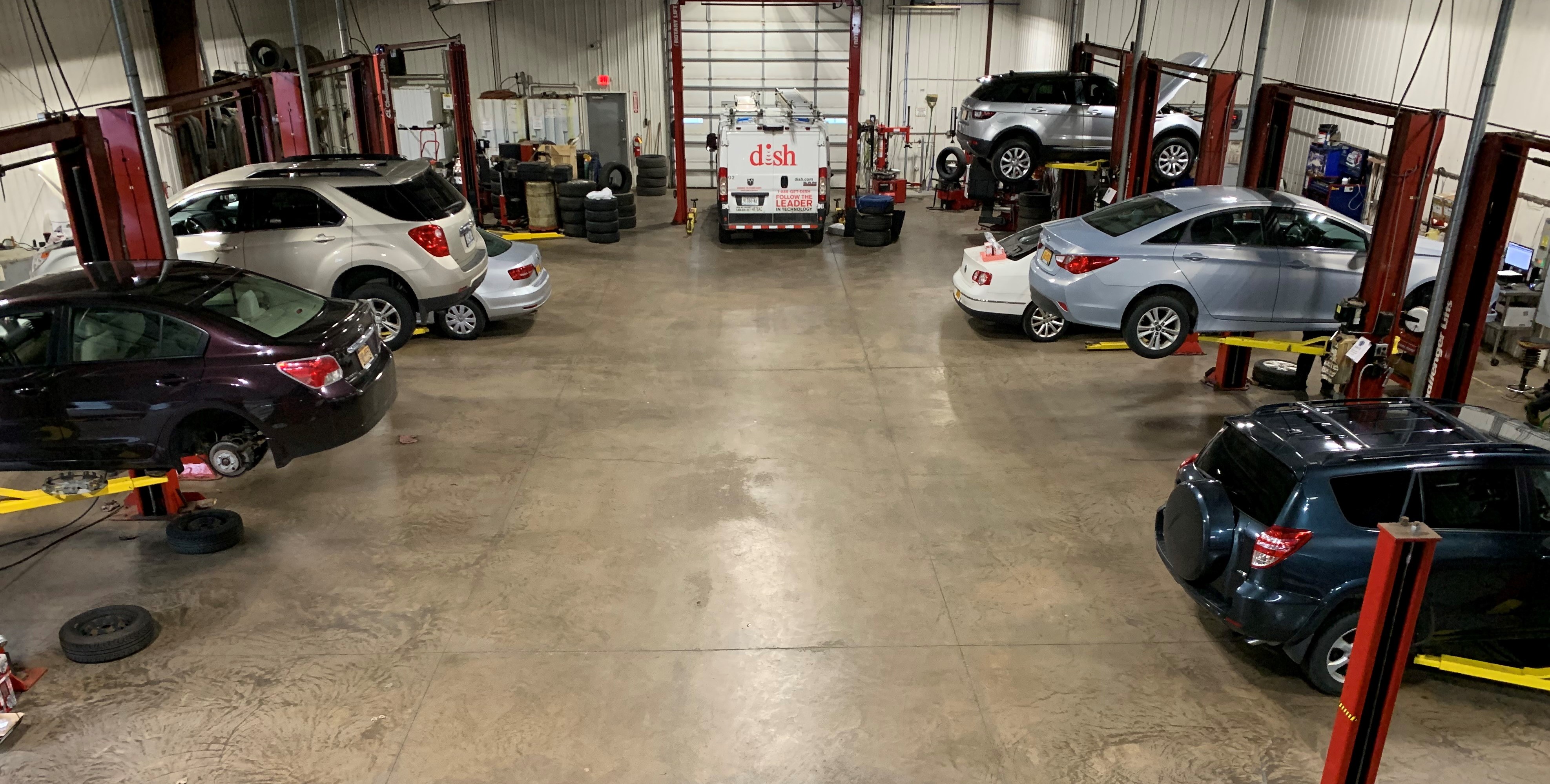
Vehicle maintenance at regular intervals helps keep your car in proper working order. And can prevent expensive repairs down the road. Even the most well-maintained cars will experience unexpected service problems. But it is better to be proactive rather than reactive. Keeping detailed service records can also help boost your car’s value when you decide to sell it or trade it in. Failing to follow preventative maintenance guidelines could even void your car’s warranty. Use this guide to learn about common maintenance recommendations. 3,000 – 5,000 miles – Oil Change An Oil Change is the most standard maintenance service for every car owner. An oil change every 3,000 - 5,000 miles is essential for keeping the key parts of your engine working properly. We recommend having your tires rotated every 5,000 miles to ensu ... read more
Posted on 2/23/2021
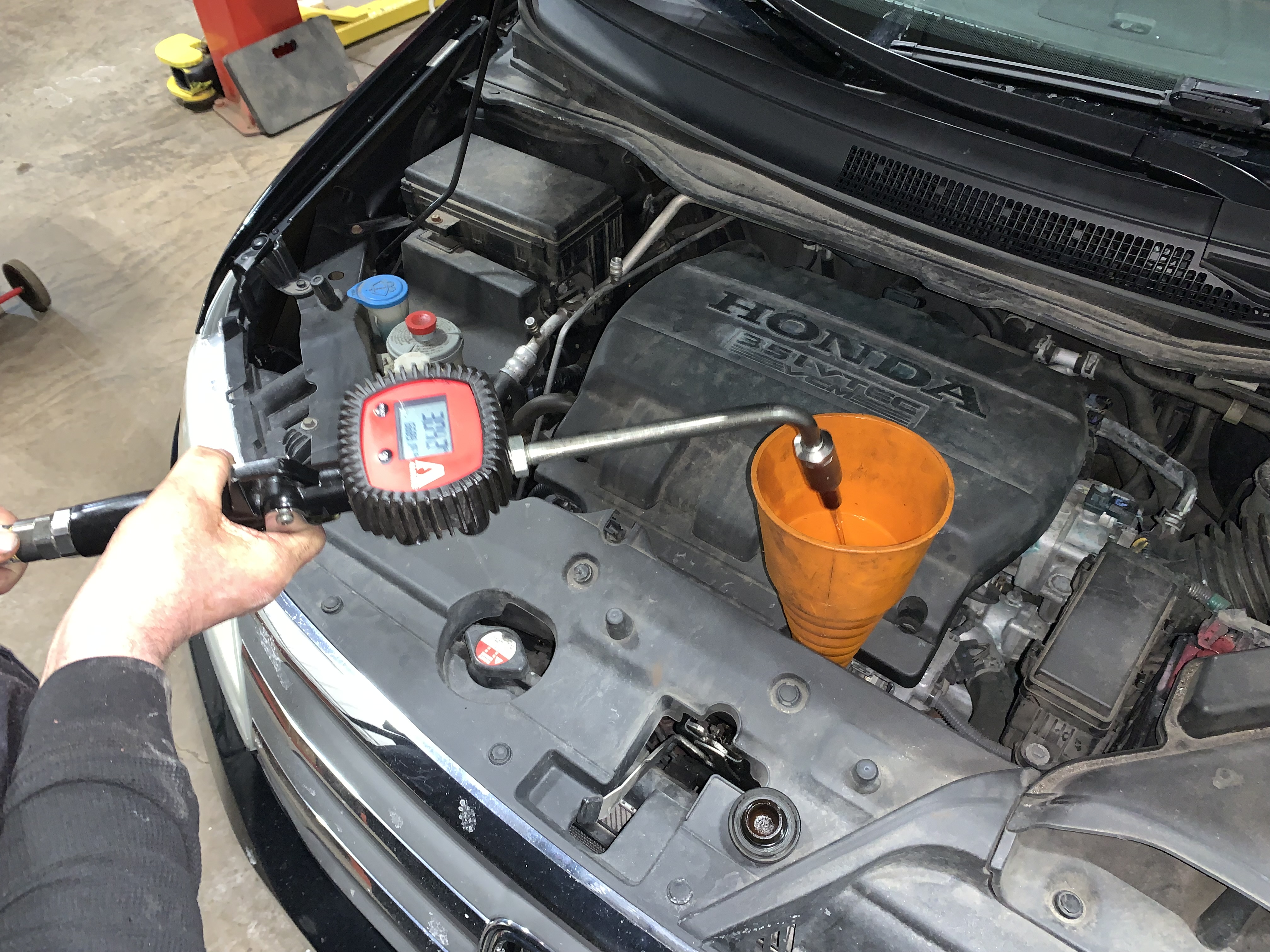
10-minute instant oil changes are convenient when someone is pressed for time, but it doesn’t allow for a thorough check of a vehicle to be done. These “quick lube services” are exactly that- QUICK. Quantity over quality. They typically have more than one person changing your engine oil and filter, topping off fluids, and checking air pressures in your tires. If you’re lucky enough, an experienced lube technician can alert you to a potential problem with your vehicle. These quick oil change centers are not equipped to complete more complex repairs. And would recommend you go to a full-service auto center to have your vehicle repaired. So why waste your time with an instant oil change when you can have the same service, plus a Multipoint, Digital Vehicle Inspection on your entire vehicle? All this for less than the price at an Express Instant Oil Change Center. At Lou’s, our 3,000-Mile Semi-Synthetic Oil Change Ser ... read more